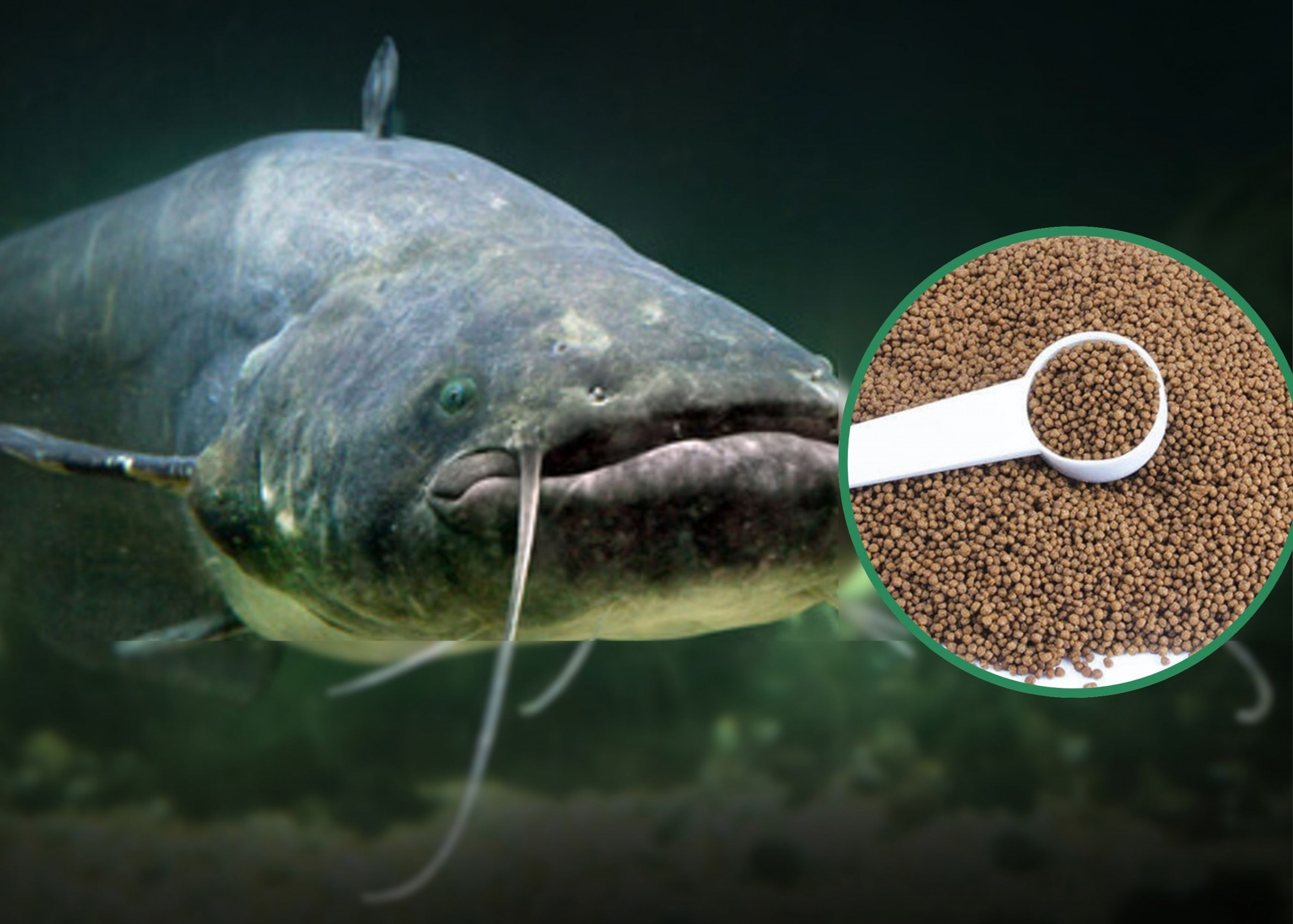News in Brief:
– Catfish farming in Nigeria offers a promising opportunity for both commercial production and personal consumption.
– Despite its profitability, the industry faces significant challenges, including high feed costs and limited access to finance.
Nigeria has a large and growing fish consumption market, with annual consumption reaching approximately 3.2 million metric tons.
Fishing provides a crucial source of income for many farmers but accounted for less than 1% of the country’s gross domestic product (GDP) in 2024, according to data from the National Bureau of Statistics (NBS).
Local fish production in the country only meets about 40% of domestic demand, leaving the balance to be offset by importation. This means there is a huge market for domestic fish production. Fish is relatively affordable, as in most cases, and is usually a cheaper animal protein source in comparison with beef and poultry.
Catfish production is the most prominent practice among fish farmers in the country, especially the species known commonly as African Catfish. Nigeria’s share of the global African catfish market exceeds 67%, solidifying its position as a leading producer.
Pros of catfish production in Nigeria according to a pro
David Oyekunle, a seasoned catfish farmer based in the Okokomaiko area of Lagos state, shared his experiences and insights in the industry. In an interview with this publication, he said that one of the biggest advantages of catfish farming is its high profitability.
With a relatively short gestation period and a high market demand, catfish can generate substantial returns on investment.
“Yes, catfish farming is a lucrative business, if you know what you are doing,” he said. “Note that I said if you know what you are doing because the knowledge of this business is everything,” he added.
The farmer went on to explain that without proper knowledge, one is not likely to succeed. “Unlike poultry or other forms of livestock farming, where you may get by with just basic knowledge. Fish farming requires specialised knowledge,” he said.
Oyekunle revealed that he studied fisheries management before even venturing into the business.
The existence of a ready market for catfish in Nigeria is an added advantage. He mentioned that consumers like restaurants, hotels, and households are responsible for the steady demand for the product.
“There is hardly any event centre you go to in Nigeria, that doesn’t serve catfish, either grilled or in pepper soups daily, so there is a ready market for supplies,” he said. Thus, catfish producers can expect a decent profit margin on a reasonable investment.
Oyekunle further disclosed that the cost of setting up a fish pond varies and advised enthusiasts to consider which favours their capital and long-term plans.
“It depends really. Setting up a pond could set you back by millions of naira, but in my case, I set up my fish pond with less than ₦500,000 about three years ago. I started with two collapsible mobile polygon ponds, (₦150,000 each) since I lived in a rented apartment. This is a more cost-effective option than constructing maybe an earthen pond,” he said.
Catfish farming input cost is a challenge in Nigeria
However, catfish production is not without its challenges. According to the aquaculture expert, one of the major hurdles is the high cost of feed, which accounts for a significant portion of the operational expenses.
Although there are local feed producers, the country still relies on imported feed due to constraints in the manufacturing environment especially with regards to power or electricity issues. Imported feed accounts for nearly 75% of Nigerian fish farmers’ total demand.
“Every day the price of feed keeps going up. You buy a bag of feed today, and within a week, it has jumped up by almost 10%, which is unsustainable,” he said. “For example, a 15k bag of extruded fish feed goes for anywhere from ₦23,000 to ₦32,000 or more. This can only last approximately one to two weeks for a small pond with 10 to 20 medium-sized catfish.”
Oyekunle even said that he has advised some fish farmers with formulation knowledge to consider fish feed production as a way to maximise profits.
Diseases and parasites can also pose a threat to the fish population, requiring vigilant biosecurity measures.
Echoing Oyekunle’s sentiments, another fish farmer, Olakunle Adebanjo, who also operates a restaurant, decried the lack of access to funds available to fish and feed producers in the country. He disclosed that securing access to finance is very challenging, especially from commercial banks.
“Most of the banks are very hesitant to provide loans to fish farmers because of the uncertainties associated with the business, and when they do, the interest rate is too high,” he lamented.
He therefore called on the government to do more to ensure that young farmers get easy access to finance at low or no interest to encourage the growth of the sector.
The future of catfish farming in Nigeria
However, despite these challenges, both farmers who contributed to this article remain optimistic about the future of catfish farming in Nigeria. They believe that with proper management, investment in quality feed, and adherence to good farming practices, the industry can continue to thrive and contribute to the country’s food security.
Key considerations for aspiring catfish farmers include:
- Market analysis: Understanding local demand, pricing trends, and potential buyers.
Regulatory compliance: Familiarising oneself with local regulations and permits. - Economic feasibility: Assessing costs, potential revenue, and profitability.
- Species selection: Choosing suitable catfish species based on growth rate, hardiness, and market preference.
- Pond design and management: Ensuring optimal water quality, feeding, and aeration.
- Security measures: Protecting investments from theft and unauthorized access.
- Budgeting: Developing a realistic financial plan covering infrastructure, fish stock, feed, labour, and utilities.



